In a long awaited development to the bitter 15-month genocide in Gaza, the Israeli cabinet has approved a six-week ceasefire and hostage deal to the brutal acts of death and destruction we have been haplessly watching through our screens. On the surface of it, it seems, finally, that an end is in sight. India’s Ministry of External Affairs welcomed this Israel-Hamas agreement claiming to support the cause of humanitarian assistance, but anyone who’s scratched the surface of Indian-Israeli politics understands this to be standing in stark contrast to the Indian cabinet’s actions and philosophies.
Economic desperation and the migrant workforce to Israel
India’s poor economic conditions and lack of career advancement opportunities have left little choice for economically weaker section breadwinners willing to uproot their lives to a conflict zone to be able to put food on the family table. Most of the labourers applying for the Industrial Training Institute programme are willing to hedge their bets in a war zone for the prospect of some upward mobility. Their livelihoods have been static too long, even with working overtime and keeping their noses to the grindstones, the financial rewards are marginal, and most are a single catastrophe away from poverty.
Most of the labourers applying for the Industrial Training Institute programme are willing to hedge their bets in a war zone for the prospect of some upward mobility.
‘I know there is an ongoing war, but there are no opportunities here. A job in Israel can change my family’s future,’ said Amit Singh Chauhan, a commerce postgraduate from Lucknow.
‘Unemployment is killing us here. I earn only Rs 500 a day, and with prices of essential commodities skyrocketing, it’s impossible to survive. Even with the risk, I’d rather go to Israel, where I can earn Rs 1.37 lakh a month, than stay here and face daily uncertainty,‘ Manoj Kumar Ram, a carpenter from Varanasi, explained.
These testimonies underscore India’s struggles of employment and skilled workforce creation, as shown by the backlog of approximately 280 million jobs needed to absorb the influx of 24 million new workforce entrants every year. Not simply a fault of the economic landscape, we may have to take a deeper look into the marriage between the ontologically similar religious affinities of Hindutva and Zionism that propagates such alliances.
The ideology of exclusion
It comes as no surprise to anyone that the ideologies of Zionism and Hindutva would form a marriage of convenience. Both the forces envision their nations as ethnically and religiously homogenous, building their national identities on the sacredness of their geography instead of embracing the multi-cultural and multi-religious pluralistic foundations of a modern democracy. In 20th century India, amidst the anti-colonial struggle, it was decided by the nationalist leaders that the engines of the Hindu-rashtra would be fuelled by the blood of religious minorities. And so began the slow but deadly penetration of fascism into the newly liberated Indian polity.
It comes as no surprise to anyone that the ideologies of Zionism and Hindutva would form a marriage of convenience.
The genesis of Early Zionism was similarly inspired out of a fear of assimilation, a belief that the integration of Jews into non-Jewish society was insufficient and likely to lead to a cultural weakening, and the only way to alleviate a dilution was to entrench their ethnic beliefs into a physical nation-state inherited from the French Revolution. That the inhabitants of Israel were a product of nationalist imagination was of utmost importance to Zionist thinkers — the mere existence of non-Jews in a predominantly Jewish state was a scourge on national identity.
These philosophies have been wielded by the entrenched governments of their respective states, their political campaigns heavily melding religious identity with their electoral crusades. The governments prey on masses aiming for a cultural and religious purification, imagining a golden era of native soil untainted by the presence of religious minorities who litter the political landscape with their own scriptures, their own beliefs, and their own ways of religious living. With the BJP administration basing its entire campaign on extreme ideologies and nationalism, Indian democracy veers farther and farther from the secularist notions and ideas of a ‘principled distance’ between religion and the state addressed in the Constitution.
In the course of Modi’s leadership, economic growth paled in comparison to private investment, domestic consumption, and youth participation in the labour market. While vowing to destroy cronyism, Modi solicited Indian conglomerates — specifically, the Adani Group and Reliance Industries — as business bedfellows, offering state contracts and regulatory changes in rent-heavy sectors to multiply their fortunes and lead to unprecedented concentrations of wealth.
Another striking move, demonetisation caused severe hardships on the populace, causing thousands of businesses to shut down overnight.
Another striking move, demonetisation caused severe hardships on the populace, causing thousands of businesses to shut down overnight. While pursuing this economic path, the BJP administration never strayed from its commitment to ethno-religious nationalism and majoritarianism, as seen from its construction of the Ram Temple in the ruins of the Babri Masjid, creating a Uniform Civil Code to override family laws for religious minorities, annulling special constitutional rights for the Muslim dominated state of Jammu and Kashmir.
Suppression and systemic marginalisation in India and Israel
Hate speech has been an important facet of this power-grab, with 110 of Modi’s 2024 electoral speeches containing explicitly Islamophobic remarks, and 75% of hate speech events taking place in BJP ruled states. It is evident that this anti-Muslim rhetoric is employed to suppress civil liberties and make Hindu practices the new social norms, by the scattered acts of harassment against the Islamic populace, from mosque razing to lynching and murder. It is not even possible to pin down these events by a statistic or a figure, as in 2017, India’s crime records bureau had collected the data but did not publish it.
Stirring the politics of hatred makes for an easy vote-grab from the general populace who look for a scapegoat to blame for their lost dreams of economic prosperity and upwards social mobility. It is a rather powerful tactic for governments, who may simply employ the speech of nationalist hatred to conceal their lack of plans for meaningful change or far more sinister shortcomings. In the words of Atul Sood, ‘We have often been mobilised in the past in the name of defending Indian pride or safeguarding some regional asmita; and the poor have been asked to tighten their belts, even when they barely have a waist, since “the ‘nation’ has been living beyond its means,” as Singh (2008: 190) said famously. The real issues of the people have been left behind.’
Zionism arose from the Jews’ responses to the anti-semitism they faced in Eastern European nations, from the new norms they fashioned in favour of anarchism and socialism. The basic tenets of Zionism revolve around a united identity and the struggle for self determination, and the belief that Jewish liberation from rampant European antisemitism would only come forth if all the Jewish peoples migrated to Palestine. Palestine was chosen as it was the ancient homeland of the Jewish diaspora, and thus formed the root of Jewish biblical myths to forge a nationalist, ethno-religious, and exclusivist state.
This bears resemblance to the Indian polity, as Hindus are regarded as the true inheritors of the Indian state as it is where their holy sites and mythical contexts lie. Religious minorities, like Muslims and Christians, are deemed inferior citizens as their sacred spaces lie in the Middle East. Zionism became the blueprint for Hindu nationalist thinking, as it seamlessly blended religious attachment to a physical motherland or heritage.
Zionism became the blueprint for Hindu nationalist thinking, as it seamlessly blended religious attachment to a physical motherland or heritage.
Islamophobic thinking and cultural war penetrates Zionist ideologies as well, with Israel’s far right populace demanding Solomon’s temple be built on the site of the holy Temple Mount in Jerusalem, the current location of the al-Aqsa mosque. As the Babri Mosque in Ayodhya was demolished by a Hindu nationalist, the south wing of the al-Aqsa mosque was razed by a Zionist extremist, with plans of the Jewish Underground to blow up the Dome of the Rock, an Islamic shrine at the centre of the compound surfacing.
The Zionist ethos is based on a principle of inclusion by way of exclusion, which has been a guiding beacon in the process of redefining citizenship. In 2018, Israel passed a law rebranding itself as the ‘nation-state of the Jewish people‘, delegitimising non Jewish peoples, echoing the Citizenship Amendment Act passed in India in 2019 which eased the process of citizenship for immigrants of varying religious affiliations, but not Muslims.
These movements also depict how their respective philosophies have been embedded into their social-legal-political systems. While violence against religious minorities in India has been rampant, human suffering has known no bounds in the Palestinian landscape as Israel’s genocidal urges wipe out more livelihoods and lives, with 90% of Gaza’s populace displaced and more than 42,000 Palestinians killed.
Polarisation sets the backdrop for both states in a quest to divide civil society along religious lines. The Bhima Koregaon 16 incarcerations offer harrowing conclusions on the strength of Indian democracy, with the imprisonment of minorities, activists, and dissenters without trial. The restraints on freedom of speech tightened further as the BJP and its corporate allies seized control of the mainstream media, while BJP’s merciless application of the UAPA, arbitrary arrests, and denial of constitutional rights have sent chills through the nations. Similarly in 2023, Israel introduced a new offence criminalising ‘consumption of terrorist materials’, an obvious policy weapon to wield against journalists.
In Gaza, the telecommunication infrastructure has been demolished by the bombardments, 80% of cell towers have been destroyed, and fuel shortages have ensued due to Israel’s blockade.
In Gaza, the telecommunication infrastructure has been demolished by the bombardments, 80% of cell towers have been destroyed, and fuel shortages have ensued due to Israel’s blockade. Indian and Israeli governments both regard the dissemination of media and press freedom as a threat, with Israel blocking Al Jazeera’s reporting operations, stopping the publication of 614 articles by Israeli media outlets, and redacting parts of 2703 articles in 2023.
The parallels between Hindutva and Zionism reveal a chilling testament to how nationalism devours its own children: creating systems of oppression that ultimately consume the very humanity they claim to protect, transforming mythical dreams of purity into nightmares of systematic destruction.
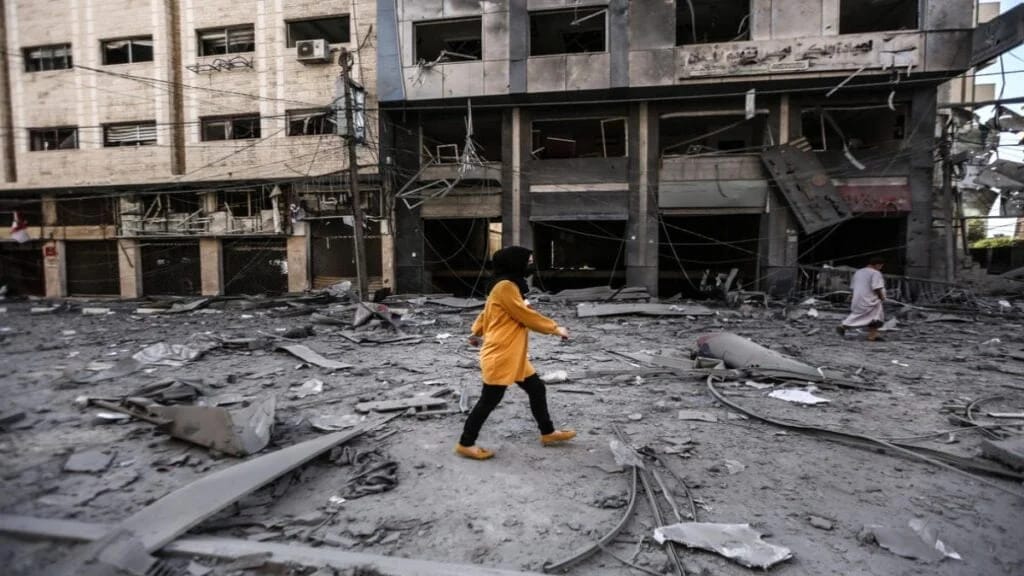
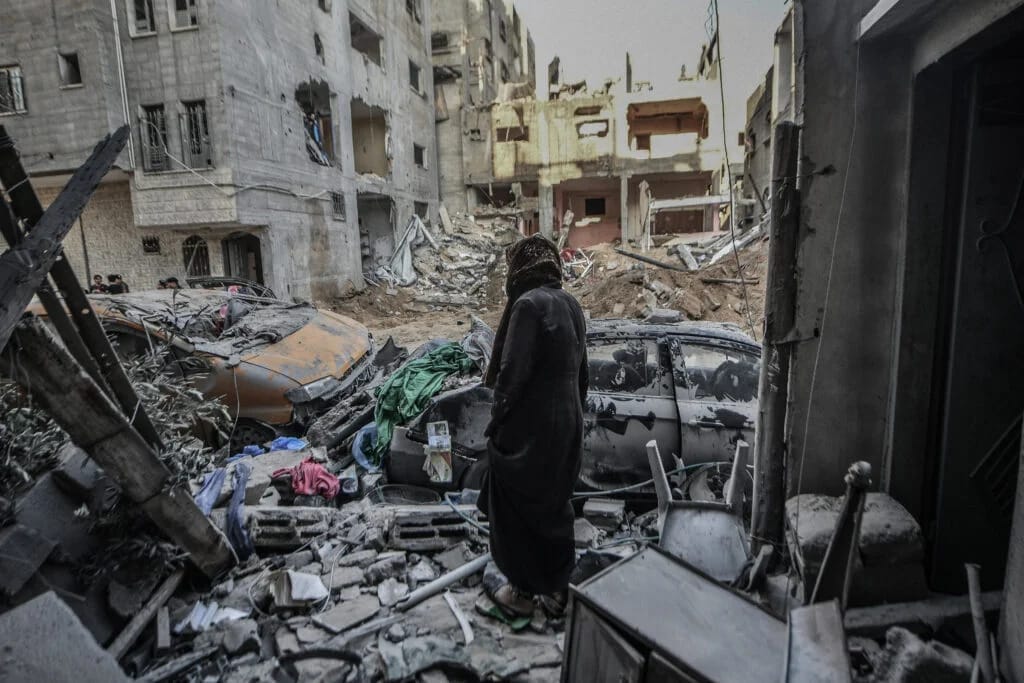

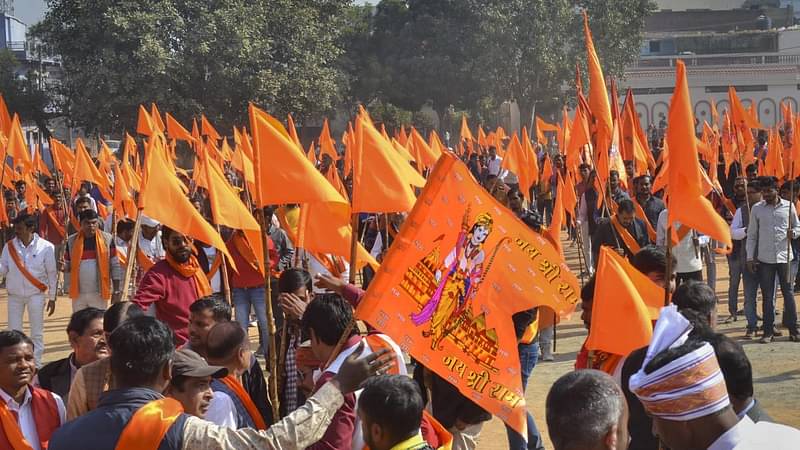
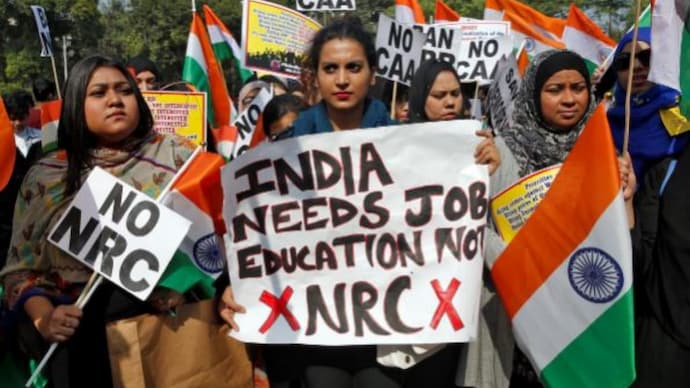

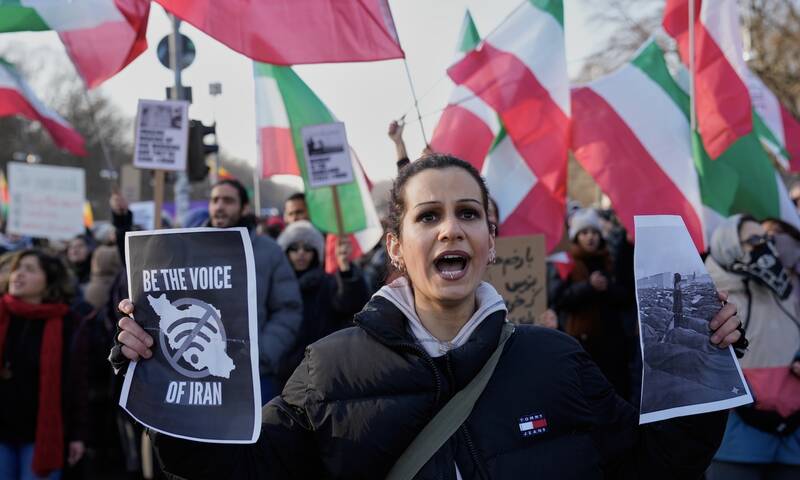
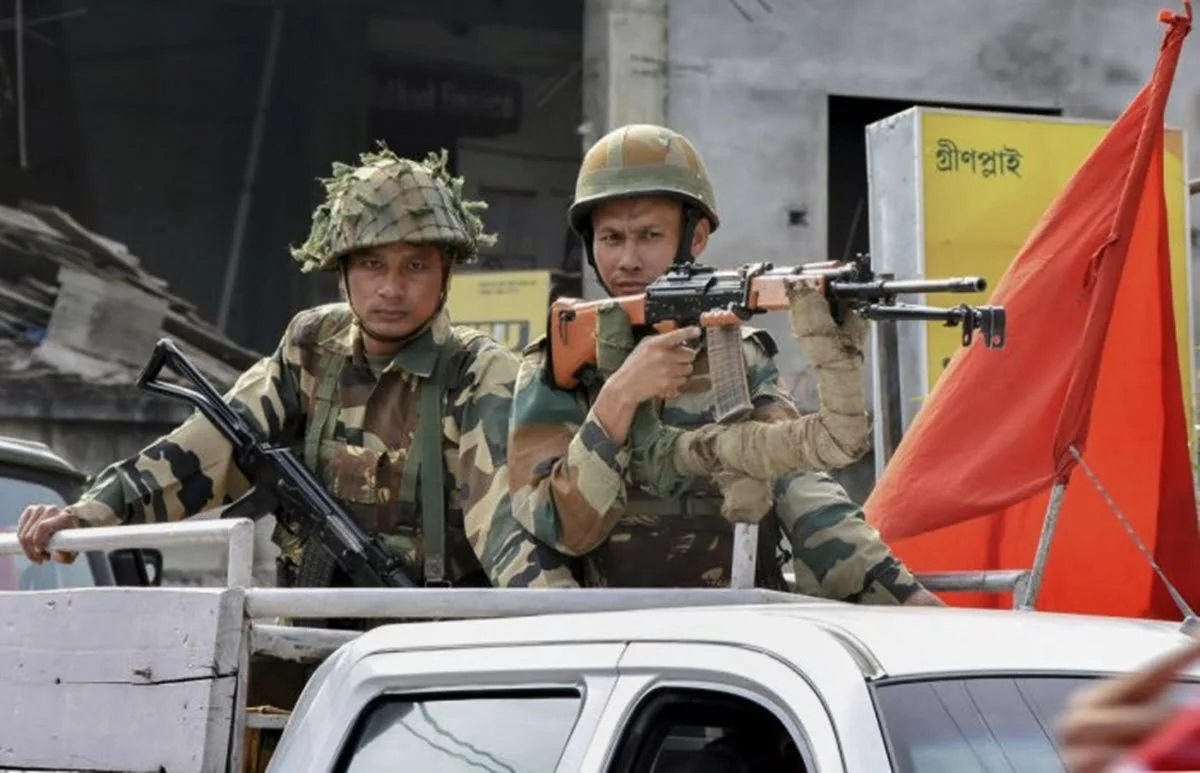
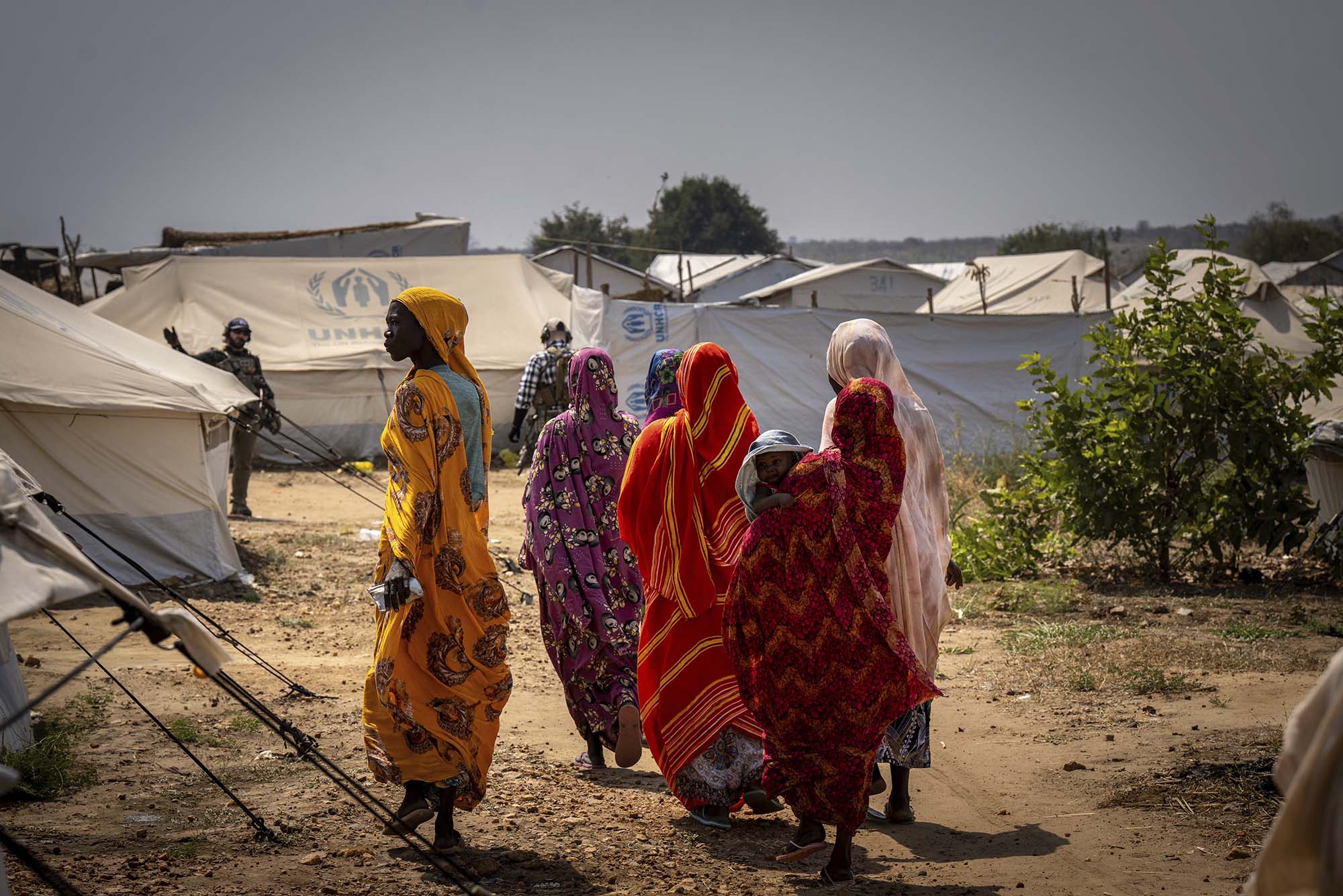

this was so informative, thank you for writing